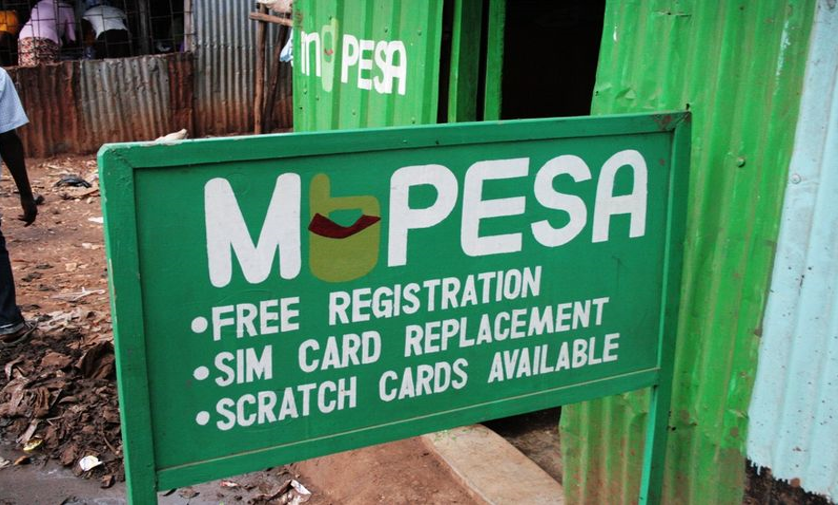
Launched in 2007, Safaricom mobile money service M-PESA has catapulted the telco to the global map. M-PESA is crucial, especially in Kenya, as it is the primary platform for transacting for consumers and businesses.
In all, Safaricom has placed itself at the core of the financial industry and Kenya’s economy at large, facilitating P2P, B2B, C2B, B2C, and even payments from the government to citizens – and vice versa.
The mobile money platform is owned by Safaricom and South Africa’s Vodacom, following last year’s IP acquisition from UK’s Vodafone for, reportedly, $13 million.
M-PESA moves over $12 billion(~KES 1.30T) a month. Safaricom CEO Peter Ndegwa revealed these jaw-dropping figures in an interview with CNN. The platform’s major market is, of course, Kenya. Besides Kenya, the mobile money platform is also available in six other African countries; Ghana, Egypt, the Democratic Republic of Congo, Mozambique, Tanzania, and Lesotho.
The mobile money platform had 24.91 million active monthly users, according to Safaricom’s 2020 financial report (PDF), a 10 percent increase from the year prior. Ndegwa says the company serves 38 million customers via data or voice.
The telco’s CEO sees an opportunity to expand beyond these seven markets. Ultimately, M-PESA plans to replicate Kenyan success to the wider and larger African continent.
As one of the company’s most ambitious goals yet, the telco plans to become the mobile money market leader across Africa, home to over 1 billion users.
“Our intention is that M-PESA will be the mobile money leader in Africa,” Ndegwa noted. “Absolutely, no question.”
In Kenya, M-PESA is the go-to mobile money transfer platform with a market share of over 98 percent, according to the Jan-March 2020 Sector Statistics report from the Communication Authority of Kenya.
A key part in taking M-PESA across Africa is creating interoperability. The upcoming African Continental Free Trade Area (AfCFTA), a pact between 24 nations to promote intra-Africa trade by reducing friction, is music to the company’s ears and will play a major role in helping the company achieve its ambitious goal.
Ndegwa sees an opportunity in the AfCFTA and is positive about the role of telecom companies in facilitating easier trade among African countries. He said telecom businesses would “make a big difference to free trade in Africa.”
It’s also “about connecting the communication infrastructure and the mobile money infrastructure.”
How Safaricom Plans to Connect Africa via Mobile Money
In the interview with CNN, Ndegwa reveals how the company plans to venture into new African markets. The company has two plans in mind.
First, by going directly to the markets and setting up telecom infrastructure. Secondly, by partnering with other telecom companies across the region. An example of the latter is M-PESA Global’s partnership with Vodacom Tanzania, MTN Rwanda, and MTN Uganda. Through such affiliations, M-PESA users can seamlessly send and receive cash across borders.
Safaricom’s M-PESA Global service already facilities cash transfer across 200 countries thanks to partnerships with a couple of payments companies. Some of its partners include Western Union, WorldRemit, Xpress Money, and MoneyGram.
Interoperability is important for Safaricom, and Ndegwa says they’ve begun to ink deals with different companies to enable seamless cash flow. The international payments giant Visa is one of the company’s partners.
The contractual agreements for interoperability will also enable trade between African countries and reduce the transaction cost between wallets and systems.
To this end, Safaricom CEO says there’s still a lot that needs to be done.
Follow us on Telegram, Twitter, Facebook, or subscribe to our weekly newsletter to ensure you don’t miss out on any future updates. Send tips to info@techtrendske.co.ke.



